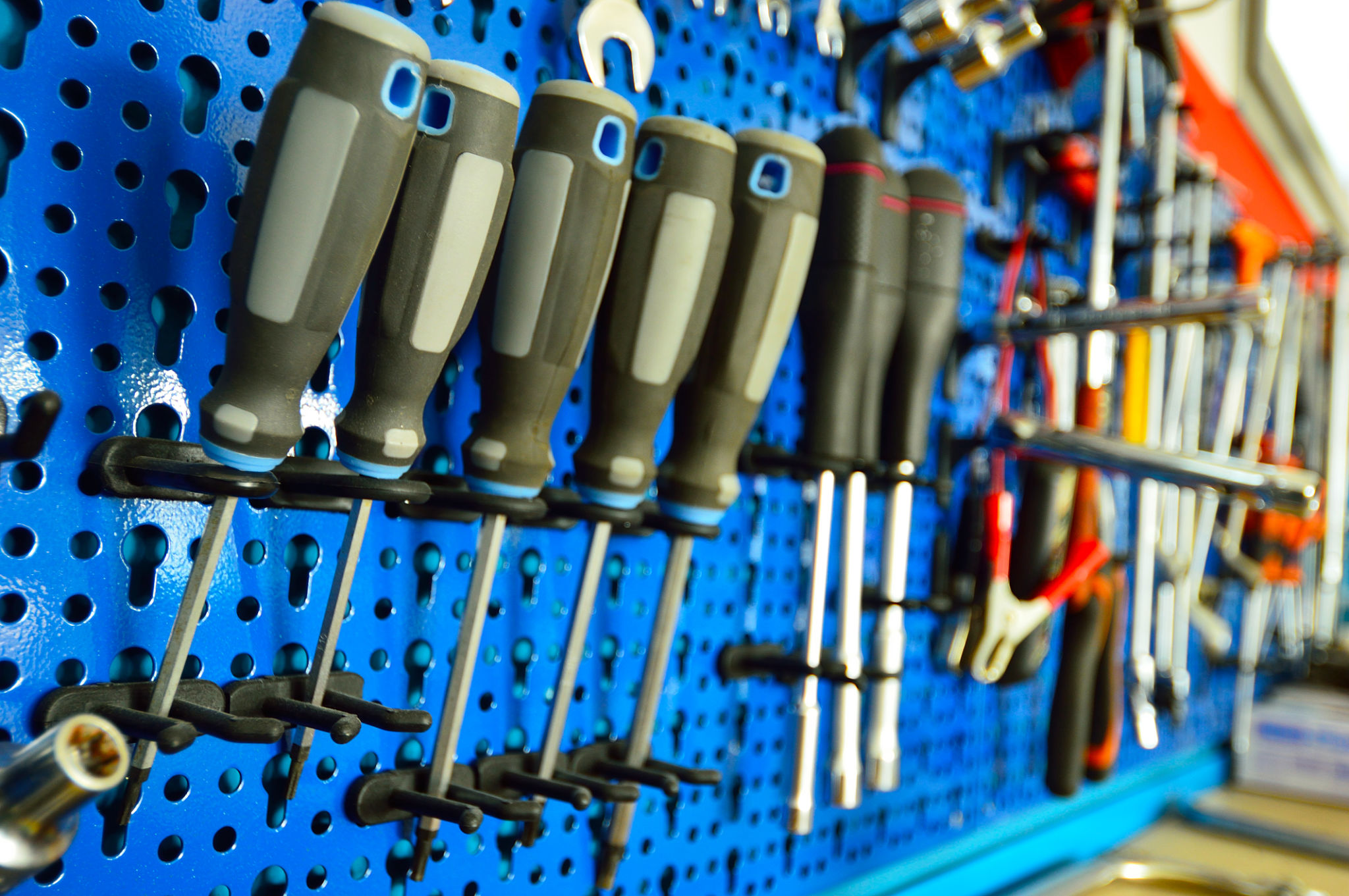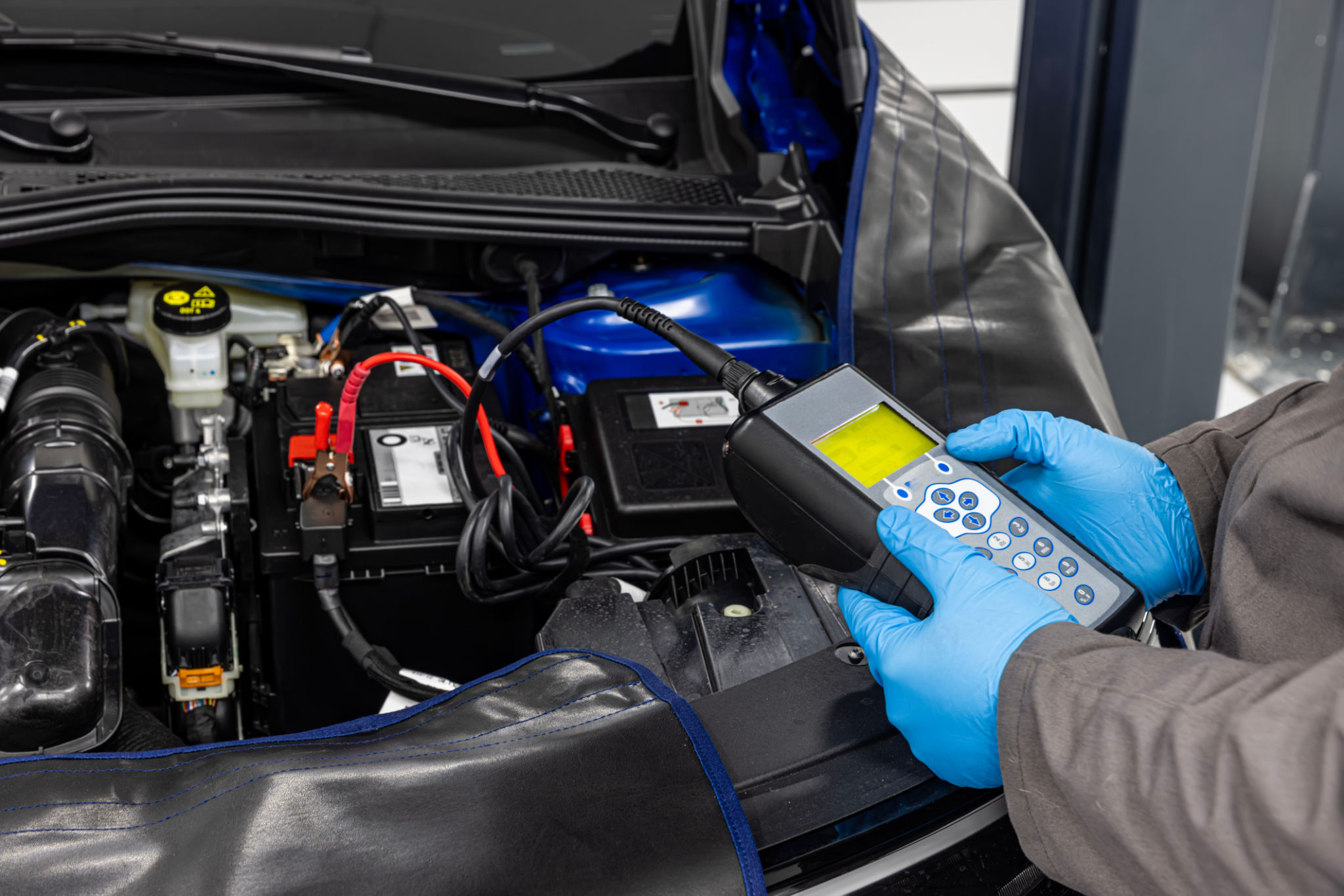DIY Car Maintenance Tips from Chicago Experts
Understanding the Basics of DIY Car Maintenance
Owning a car in Chicago can be both convenient and challenging, especially with the diverse weather conditions. Regular maintenance not only prolongs your car's life but also ensures safety on the road. While many people rely on professionals, there are several maintenance tasks you can handle yourself, saving time and money.
Before you begin, make sure you have a basic toolkit ready. Essential tools include a set of wrenches, screwdrivers, a jack, and a tire iron. It's also wise to keep a pair of gloves and safety glasses handy. Being prepared is the first step to effective car maintenance.

Checking and Changing Your Oil
Oil is the lifeblood of your vehicle's engine. Regularly checking and changing your car's oil is crucial for maintaining engine health. To check the oil, ensure your car is parked on level ground, remove the dipstick, wipe it clean, reinsert it, and then remove it again to check the level and condition of the oil.
If the oil appears dirty or below the recommended level, it's time for a change. To change your oil, drain the old oil from the engine, replace the oil filter, and add new oil. Always refer to your car's manual for the type of oil suitable for your vehicle.
Additional Tips for Oil Maintenance
Experts recommend changing your oil every 3,000 to 5,000 miles. However, consider more frequent changes if you often drive in stop-and-go traffic or harsh weather conditions. This can ensure optimal engine performance and longevity.

Inspecting and Replacing Air Filters
Air filters play a vital role in ensuring that clean air reaches your engine. A dirty air filter can reduce engine efficiency and increase fuel consumption. Inspect your air filter every 12,000 to 15,000 miles or as advised by your vehicle's manual.
Replacing an air filter is a straightforward process. Simply open the air filter compartment, remove the old filter, and insert a new one. Make sure it's seated properly to prevent any dust or debris from entering the engine.
Tire Maintenance: A Key to Safety
Tires are your vehicle's only contact with the road, making their maintenance extremely important. Regularly check tire pressure with a reliable gauge, as incorrect pressure can affect handling and fuel efficiency. The recommended tire pressure is usually found on a sticker inside the driver's door or in the car manual.

Additionally, inspect your tires for tread wear and damage. Use the penny test to check tread depth: insert a penny into the tread grooves with Lincoln’s head down; if you can see the top of Lincoln's head, it's time for new tires.
Rotating Your Tires
To promote even tire wear and extend their lifespan, rotate your tires every 6,000 to 8,000 miles. This helps maintain balanced handling and traction, especially during Chicago's unpredictable winters.
Battery Care: Keep Your Engine Starting
A dead battery can leave you stranded at the most inconvenient times. Regularly check your battery terminals for corrosion and clean them with a mixture of baking soda and water if needed. Make sure to tighten any loose connections.
If your battery is more than three years old or you notice sluggish starting, consider having it tested by a professional to determine if a replacement is needed. A well-maintained battery ensures your car starts smoothly every time.

Final Thoughts on DIY Car Maintenance
By following these expert tips from Chicago-based mechanics, you can confidently tackle basic car maintenance tasks yourself. This not only saves money but also empowers you with valuable knowledge about your vehicle's operation.
Remember that while DIY maintenance is beneficial, some tasks are best left to professionals to ensure safety and precision. Always prioritize safety by using proper tools and wearing protective gear during any maintenance work.
